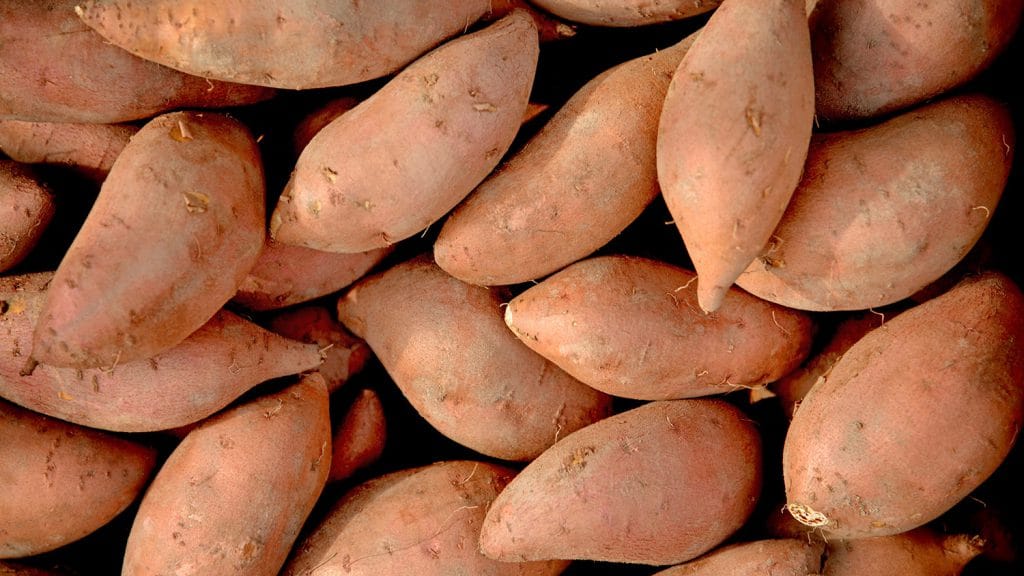
Four NC State research teams have been selected as recipients of the next phase of the Game-Changing Research Incentive Program (GRIP), including two with significant ECE involvement, including by Cranos Williams, Michael Kudenov, and Edgar Lobaton, all associate professors of electrical engineering.
The program was initially created in 2016 as a three-year seed-funding initiative to stimulate interdisciplinary and collaborative research. Now, a new initiative — called GRIP4PSI — will encourage the NC State community to collaborate on integrated research and outreach projects that focus on addressing the global challenges tackled by the N.C. Plant Science Initiative.
The four awards, each worth up to $650,000 over three and a half years, were the result of a collaborative effort led by the Office of Research and Innovation in partnership with the College of Agriculture and Life Sciences, the College of Engineering, the College of Natural Resources, the College of Sciences, Wilson College of Textiles, Poole College of Management, the Office of the Executive Vice Chancellor and Provost, and the Kenan Institute for Engineering, Technology and Science. GRIP is intended to support visionary ideas that will result in large-scale funding, meaningful impact for future research and first-class interdisciplinary graduate education and training.
Two of the proposal include ECE:
Improving Crop Productivity and Value Through Heterogeneous Data Integration, Analytics, and Decision Support Platforms
Lead Principal Investigator: Cranos Williams, associate professor, Department of Electrical and Computer Engineering
Co-Investigators: Michael Kudenov, Mike Boyette, Anders Huseth, Khara Grieger, Alessandra Scafuro, Natalie Nelson, Daniela Jones, Kemafor Ogan, Ross Sozzani, Edgar Lobaton, Craig Yencho, Ken Pecota, Jennifer Kuzma
Synopsis: How do you grow a superior sweetpotato? This multidisciplinary team is developing a data-driven platform to find out. Together, they’ll work to improve crop productivity, quality and value for North Carolina growers, producers and distributors. The platform uses custom imaging to capture traits such as shape, size, surface texture and internal composition, as well as the presence of harmful crop damage. That data then enters a computational platform — which will be created in partnership with Intero Life Sciences and SAS, Inc. — to offer insights across the sweetpotato supply chain and improve decision-making for stakeholders. The project seeks to promote a diverse agricultural workforce by providing students and researchers with opportunities to identify real-world problems through agricultural analytics, while also offering education to youth and rural communities through NC Cooperative Extension.
FUN-CROPS: Foliar fungal endophytes for enhanced crop sustainability and resilience
Lead Principal Investigator: Christine Hawkes, professor, Department of Plant and Microbial Biology
Co-Investigators: Nathan Crook, Jason Delborne, Kevin Garcia, Josh Gray, Ross Sozzani, Lindsey Thiessen, Gina Brown-Guedira, Peter Balint-Kurti, Ryan Heiniger, Michael Kudenov, Anna Locke, Cranos Williams
Synopsis: Could fungi that live inside plant leaves be harnessed to create better, more resilient crops? An interdisciplinary team will study the drivers that allow plant fungal symbionts to improve resistance to drought and disease in their hosts. They’ll work to determine the scale at which fungi can be manipulated across the landscape, identify highly beneficial fungi and the genes associated with their benefits, develop methods to identify fungi that are not visible to the naked eye, and explore potential policy implications and stakeholder responses to fungal manipulation in crops. Through this holistic approach, the team aims to speed the development of practical tools to adapt to later cold snaps, longer heat waves, bigger hurricanes and atypical droughts.